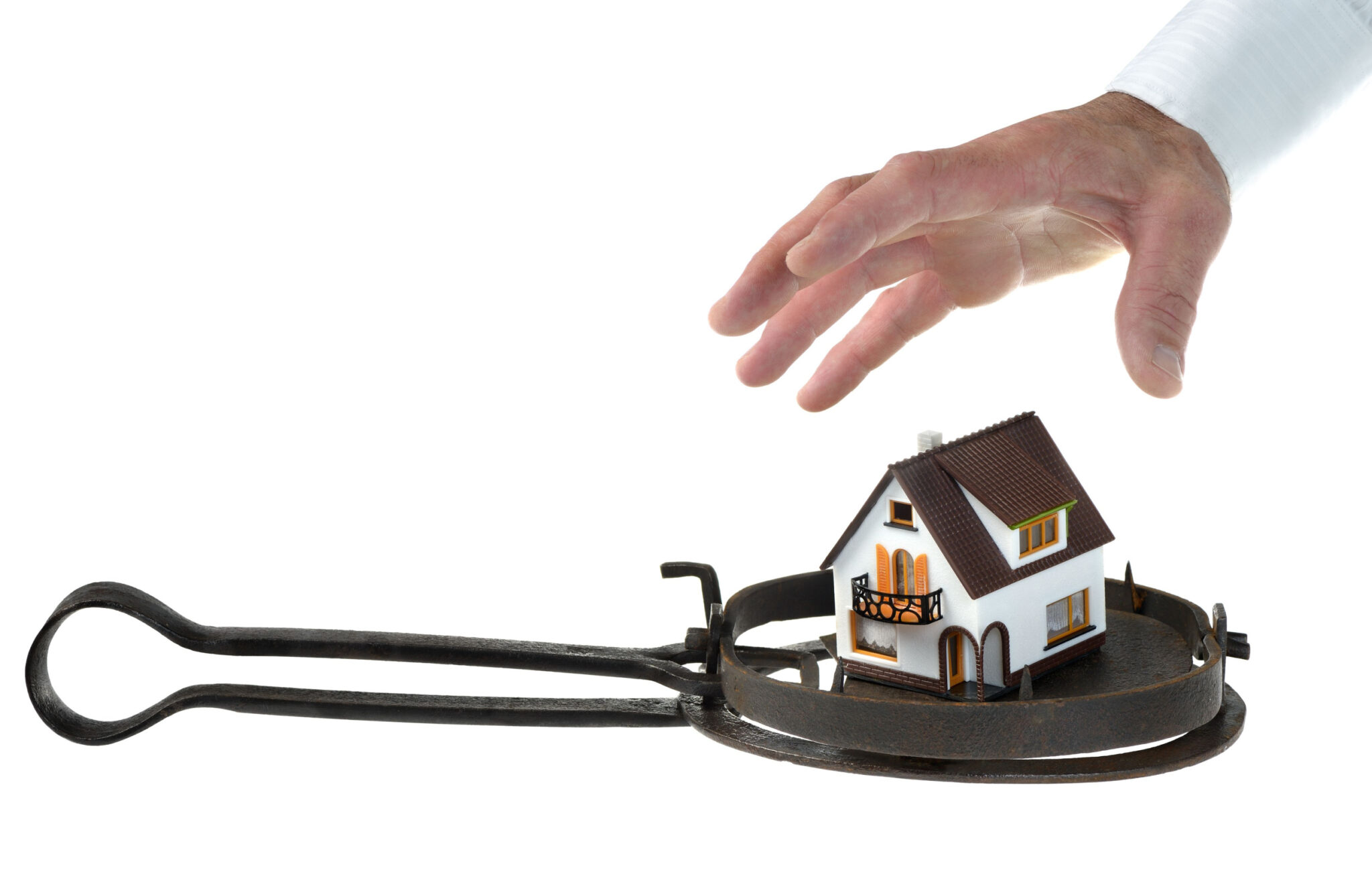
How To Identify and Avoid Real Estate Scams
The real estate industry is indeed lucrative and truly rewarding, which is why it’s a very tempting field for some unscrupulous individuals to take advantage of.
For homeowners, it is important to be aware of the warning signs to avoid falling victim and end up losing a lot of money in the process.
For agents, it is critical to educate your clients and take advantage of this information to help guide their clients in making the right choices when faced with such situations.
Here are several of the most common scams that people should always look out for.
Wire transfers
Make no mistake, wire transfers are beneficial, especially over long distances and make transferring money from one place to another more convenient and faster, as long as it is for the right reasons and proper conduct of business.
While globalization has proven beneficial for almost everyone around the world, it also opened up opportunities for fraudsters to prey on unsuspecting homeowners or those looking to purchase a property.
For property buyers especially the more affluent ones overseas wanting to purchase real estate in a different part of the world, scammers would often use complicated means to reach out to buyers and facilitate diverting funds, usually payments for the property purchase, to unlawful accounts and only discovered by buyers too late
Some of the warning signs to be wary about are spelling and grammar errors in email communication, pressuring buyers or investors to make urgent payments, hasty changes in the terms and conditions of a purchase contract and refusal to speak with a translator to discuss details of the purchase, among others.
Rental scams
For those looking to rent property, the first thing that comes to mind is to search for options online. While Facebook or Craigslist posts may have several valid offers, some end up as scams.
Online swindlers usually post offers, such as rental vacancies on these platforms then request money upfront from those who wish to inquire about details justifying that it is a downpayment or deposit as a gesture of goodwill or earnest intentions to rent.
Warning signs to be wary of are social media posts that do not have pictures of the property, lack of documentation, payments are demanded upfront, requesting personal information or details and requesting money to facilitate a property visit or inspection.
Property cosmetic cover-ups
There are property owners who are in a rush to sell their property that they end up taking shortcuts by masking anything that looks undesirable to potential buyers.
Some diabolical contractors offer such services, especially when a property structure is infested with termites, or mould or has used lead-based paint and offer to hide it to minimise costs and deceive buyers.
Initially, it would be best to ask for documents or show proof of recent inspections made on the home and when was the last time it was commissioned, otherwise it could be a warning sign that something might be wrong.
Other warning signs to consider are an unwillingness or the seller being uncooperative in providing inspection paperwork, recent or unexpected changes in the property, several areas of the property are closed or taped off, and overselling a renovated part of the property, among others.
Questionable loan offers
While it may be tempting to do so, taking on too-good-to-be-true loan offers with unbelievable rates can be a recipe for failure and nothing more than a scam.
The first thing to do if a loan offer is a legitimate one is to do your research and find out about details of the loan scheme, if the broker is directly affiliated or employed by the loan facility, or if you are being asked to make a deposit or downpayment to initiate processing of documents and other requirements.
Fake lawyers
Some witty scammers would pretend to be real estate lawyers to claim a certain percentage of the sale proceeds of a property.
So, make sure to always conduct due diligence before trusting or engaging them in conversation, which could end up with you providing confidential and sensitive information, and in turn, being used for their illegal activities.
Unlicensed “agents”
Agents with expired or no licenses often moonlight as legitimate real estate agents. First and foremost, the best thing to do is to do a background check, and check their social media or professional networks.
It is also practical to ask for their license or other proof to show they are licensed agents.
So, always remember that people can always be a victim of scams, so it is crucial to know what these are so they can be avoided early on and continue to have a pleasurable and memorable real estate journey.